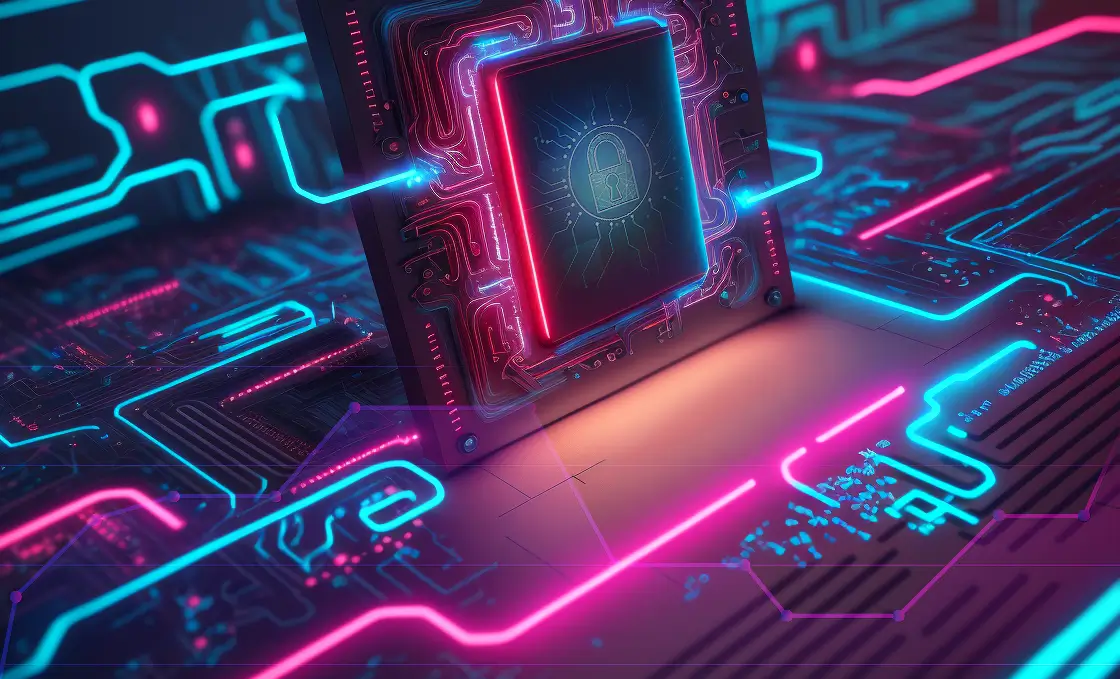Bragging Rights
Explore the latest trends, tips, and stories that make you stand out.
Why Your Coffee Shop Wi-Fi Might Be a Hacker's Playground
Uncover hidden dangers! Learn why your coffee shop Wi-Fi could be a hacker's dream and how to protect your data.
Top 5 Wi-Fi Vulnerabilities Every Coffee Shop Should Address
As coffee shops increasingly offer Wi-Fi services to attract customers, it becomes crucial to recognize and address the various vulnerabilities that can compromise user security. One of the top vulnerabilities is the lack of encryption. When a coffee shop does not use secure encryption protocols like WPA3, all data transmitted over the network can be intercepted by malicious actors. This could lead to sensitive information theft, including passwords and credit card details, making it essential for establishments to prioritize encrypted connections.
Another significant vulnerability is the use of weak or default passwords for the Wi-Fi network. Many coffee shops fail to change the factory settings provided by their routers, leaving them susceptible to unauthorized access. To combat this, it's imperative for coffee shop owners to implement strong, unique passwords and regularly update them. Additionally, they should enable network firewalls and keep their software up to date to mitigate potential threats. By addressing these vulnerabilities, coffee shops can create a safer browsing environment for their customers.

Are You Putting Your Customers at Risk? The Hidden Dangers of Public Wi-Fi
In today's digital age, public Wi-Fi networks are ubiquitous, offering convenience to customers seeking internet access on the go. However, this convenience comes at a price; many individuals may be unaware of the hidden dangers that accompany these networks. Public Wi-Fi is often insecure, making it a prime target for cybercriminals looking to intercept sensitive data. When customers connect to an unsecured public network, they risk exposing personal information such as passwords, credit card details, and private communications to potential hackers. This raises critical questions for business owners: Are you inadvertently putting your customers at risk by encouraging the use of public Wi-Fi?
Moreover, the risks of public Wi-Fi extend beyond simple data theft. Man-in-the-middle attacks, where a hacker secretly relays and possibly alters the communication between two parties, can occur without the victims' knowledge. A hacker could create a fake hotspot with a name similar to a legitimate network, tricking unsuspecting customers into connecting. Once connected, these attackers can monitor users' online activities and capture sensitive information, jeopardizing their security and your business’s reputation. To protect your customers, it’s essential to advocate for secure practices when using public Wi-Fi and consider alternative solutions, such as providing secure, private networks for your patrons.
How to Safeguard Your Coffee Shop's Wi-Fi from Hackers
In today's digital age, securing your coffee shop's Wi-Fi network is essential for protecting both your business and your customers. Hackers often target public networks to access sensitive information, which can lead to identity theft and financial loss. To begin with, change the default router settings and use a strong password that includes a mix of upper and lower case letters, numbers, and special characters. Additionally, consider implementing a guest network that separates customer traffic from your internal business network, as this can significantly reduce the risk of unauthorized access.
Another crucial step in safeguarding your Wi-Fi is to regularly update your router's firmware. Manufacturers frequently release updates to address security vulnerabilities that could be exploited by cybercriminals. Furthermore, enable encryption protocols such as WPA3 or WPA2 to ensure that any data transmitted over your network remains secure. Monitor your network for unusual activity and educate your staff on Wi-Fi security practices; this will not only help in maintaining a secure environment but will also create a culture of cybersecurity awareness within your coffee shop.